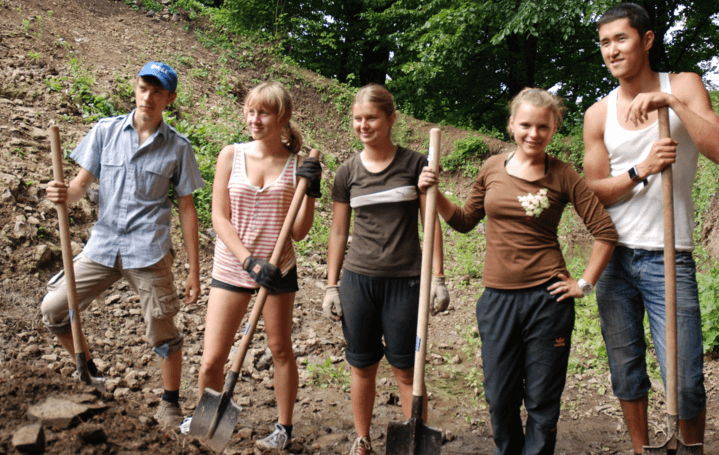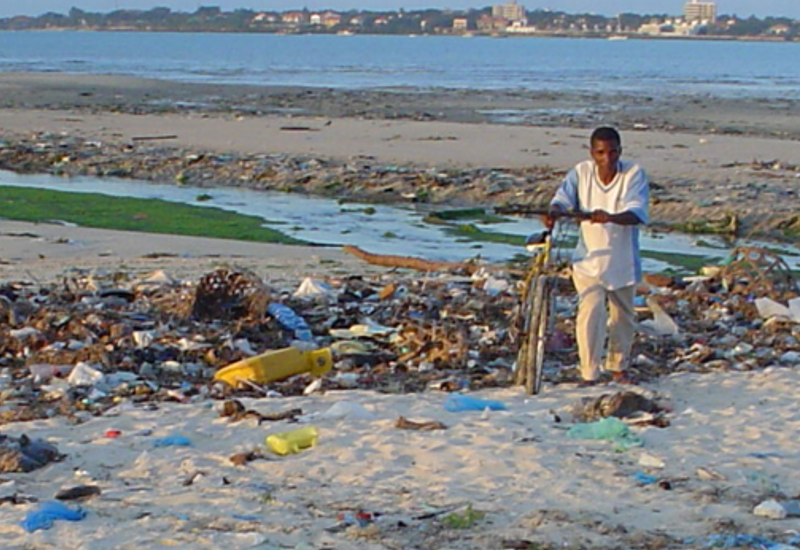You may not have realised it, but there are loads of things that you can do at university to help limit damage to the environment and improve sustainability. Here are a few of the easiest and cheapest.
The planet has entered a new geological epoch, and this is bad news for everyone, from bacteria and plants to highly intelligent mammals like dolphins and humans. Our impact on the atmosphere, oceans and wildlife has driven the planet from a Holocene which lasted 12,000 years, into what has been dubbed the Anthropocene. This means that geologically significant conditions and processes have been altered due to human impact. Wildlife is being pushed into smaller and smaller areas, forests are being wiped out and species are going extinct. Meanwhile CO2 and methane levels in the atmosphere are higher than ever and we are producing 300m metric tonnes of plastic annually. It’s frustrating, but it’s not too late to take action. Here is your eco-friendly to-do list to limit your damage to the environment:
Recycle and reduce your waste
This is the obvious one. The ocean is already diseased with plastic, much of it saturated with chemicals which later become part of the bloodstream and flesh of its inhabitants, contaminating your seafood. Over 1 million seabirds and 100,000 sea mammals are killed by pollution every year and it is expected that the oceans will contain more plastics than fish by weight by 2050. Cleaning up oceans and waterways without harming marine life is almost impossible so the best course of action is to produce less waste. Reuse shopping bags, buy less stuff with unnecessary packaging, and dispose of batteries responsibly (they contaminate the environment with heavy metals). Recycling metal and glass also keeps prices lower; it takes a fraction of the production energy to recycle these materials into new products while using finite natural resources will only push costs up over time. Our disposal habits have a huge impact on everything so it’s best to be wise next time you use the bin.You can bring your own cup to the café when you are not staying in, take your own bag to the supermarket and get a water bottle you can refill.
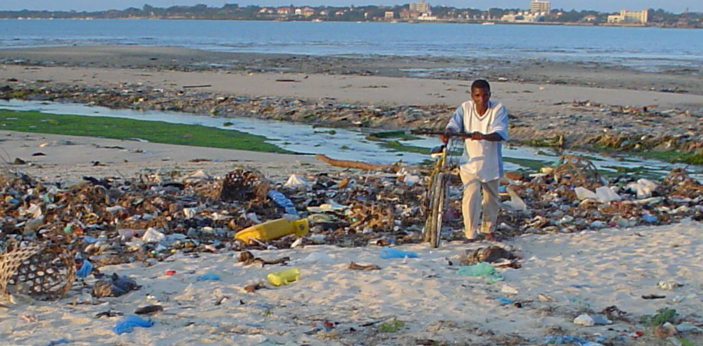
Change your diet
Animal agriculture is a major contributor to greenhouse gas emission – 51%, in fact. A single dairy cow produces 75kg of methane annually. In the US alone, animal farms produce 130 times the waste humans do. Raising farmed animals requires huge amounts of energy, from raising crops as food for livestock to transporting meat across the country. Animal agriculture requires tremendous amounts of water. For instance it takes 150 gallons of water to produce a single ¼ pounder burger. Deforestation, habitat destruction, ocean pollution, species extinction, soil erosion… The environmental reasons to quit animal by-products and meat are too many to list. Why contribute to all this harm to environment, animals and ourselves when we can find so many vegan and vegetarian alternatives in each café, restaurant and supermarket?
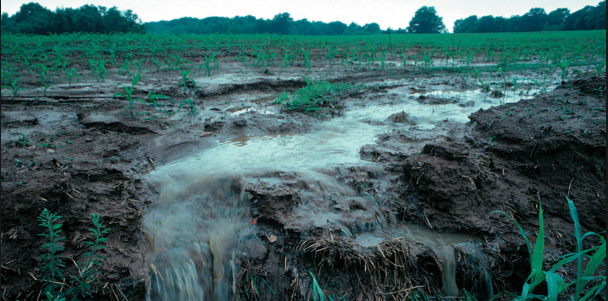
Use eco-friendly detergents and reusable sanitary products
Some detergents have a warning sign which says the product has long term consequences on aquatic life. Avoid these and look for the sustainability label instead. You can find eco-friendly, branded and popular detergents, from washing up liquid to bleach, in any supermarket. Chemicals are bad not only for the environment but for our health. As for sanitary products, ladies, check out diva cups and reusable pads, as an average woman throws out as much as 150kgs of non-biodegradable absorbents a year.
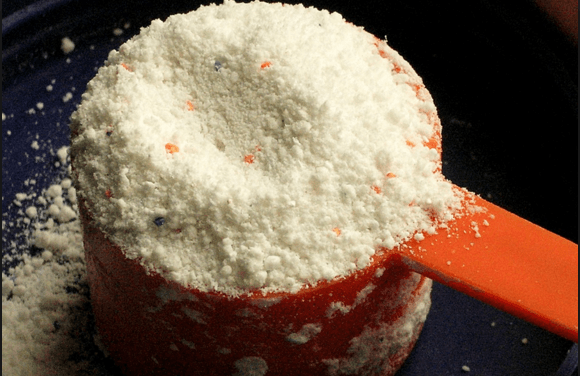
Shop politically,smart and support the right companies
Whenever you can, avoid products with extra packaging, buy loose and read labels. Palm oil is one of the reasons for deforestation and the destruction of primates’ habitats, so buy sustainable or avoid palm oil in general. Follow the green frog – choose Rainforest Alliance certified products, such as coffee, furniture, paper, chocolate, tea and more. Buy local and organic. If it was grown locally, it took less energy to refrigerate and less fuel to transport. It can be costly but, if you’re smart, buying second hand or DIY can save you extra cash and reduce your carbon footprint at the same time.
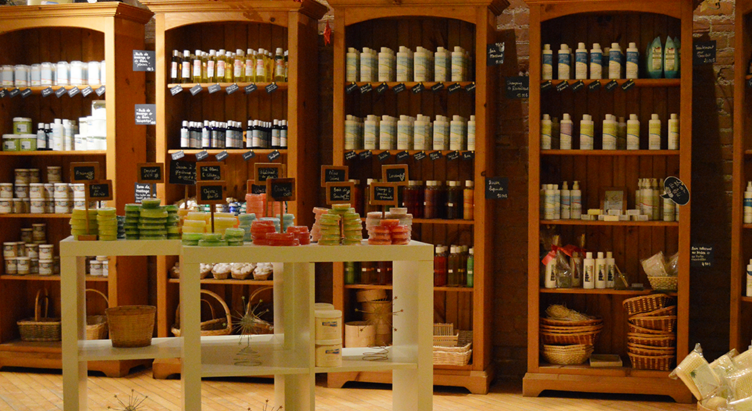
Thou shalt not kill
It may sound cheesy, but every species has a role to play in our ecosystem and it’s best to try and minimise harm to them. For instance bees, as you might have heard, are going extinct thanks to insecticides and parasites. Bees are responsible for pollenating cotton and the reproduction of 70% of the fruits, nuts and plants we consume on a daily basis. If they go down, we go down with them. To help them you could plant flowers and leave tiny water bowls as bees often die from thirst (bottle caps in the garden will do the trick and are also quite adorable). While you’re on it, why not get a bird feeder and listen to sweet chirping every day as a bonus? And if you want to keep playing the merciful god of the garden, compost your leftovers. It’s good for the soil, plants and bugs.
Volunteer
Pick a cause and work for it. Plenty of NGOs have printable flyers you could simply hand out. Charities and non-profit organisations can always use a hand. Even just researching problems and spreading the word will help. Most universities will have dozens of great causes to volunteer for, giving you a chance to make friends and boost your CV while helping the world. The most important thing is to do something, anything, and to do it now.
